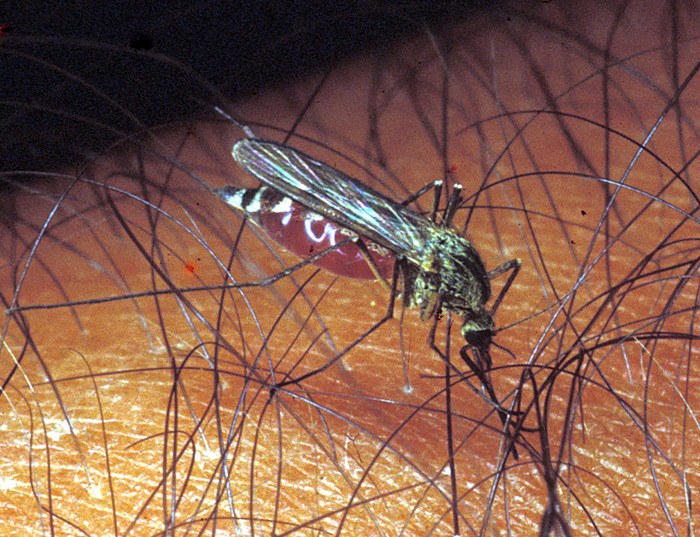(by Manuela Correra) A 14-year-old boy, Matteo, died at the end of July in Udine due to a mosquito bite while he was spending a holiday in Brazil. This is only the latest case, since the beginning of the summer season, of insect stings or bites with a fatal outcome. A danger linked not only to travel to tropical countries and with respect to which experts invite maximum alertness, with particular attention to the symptoms: they should never be underestimated and if they persist it is important to immediately contact a doctor or the emergency room.
Also last July, a 75-year-old man stung by a hornet died in Pavia. Anaphylactic shock was fatal. And in June a forty-one year old, also in Udine, died of a bee or wasp sting while he was among his vineyards. In Sabaudia, however, also in June, a 58-year-old man was found dead due to anaphylactic shock caused by a spider bite. In general, says Marco Libanore, director of the Infectious Diseases Operating Unit of the University Hospital of Ferrara, “if there are persistent and particular symptoms after an insect bite, it is advisable to call a doctor immediately and, in the case of wasps , bees or scorpions, you should go directly to the emergency room.
In case of simple bubbles, swelling and redness, an antibiotic-cortisone cream can be used. But in any case, the path of prudence is always to be preferred by contacting the doctor”.
In the case of anaphylactic shock, the most severe form of allergic reaction, symptoms appear minutes to hours after contact with the insect. The symptoms are cutaneous, respiratory and cardiovascular: it is important to seek medical attention immediately and, if available, administer adrenaline (epinephrine) early via an auto-injector. This device is often prescribed to people with potentially severe allergies or who have already had such a reaction.
With the summer, first of all the risk associated with mosquito bites increases: in general, anti-inflammatory drugs are sufficient, but if the reactions affect the body on a systemic level, potentially life-threatening, hospitalization is necessary. The anopheles mosquito is responsible for malaria. The classical mosquito can be a vehicle of West Nile disease and those of the genus Aedes of Yellow Fever, Dengue, Chikungunya and Zyka. Tick bites are also frequent, generally painless and leaving no traces. Most of the time we notice their sting only because we find them attached to the skin. Ticks can be dangerous as they are responsible for rickettsiosis and Lyme disease. In Italy, explains Luisa Barzon of the Italian Clinical Microbiologists Association, the greatest danger is constituted by the tick-borne encephalitis virus (Tbev) which can have a fatal outcome. In the first six months of 2023, nationwide, there were 7 confirmed cases of tick-borne encephalitis, according to what was reported by the National Arbovirus Surveillance System. There is also the bite of spiders: most of the time it is not dangerous, unless there is an individual allergic reaction. If after 24 hours the wound continues to worsen, however, it is advisable to consult a doctor. Stings from bees, wasps or hornets, on the other hand, are easy to recognize by painful attacks. Wasps, bees and hornets have a sting containing a venom that is injected with the sting. The venom is very toxic but the quantities injected are usually small and are rarely life threatening. However, the risk of anaphylactic shock is present in a small percentage. Finally, in the case of travel to tropical destinations, it is advisable to contact a travel medicine center before departure, which will be able to suggest the most appropriate precautions, including any prophylaxis measures. And when you get home, if you notice a fever or feel unwell, you should go to an infectious disease department.
breaking latest news © Copyright ANSA
